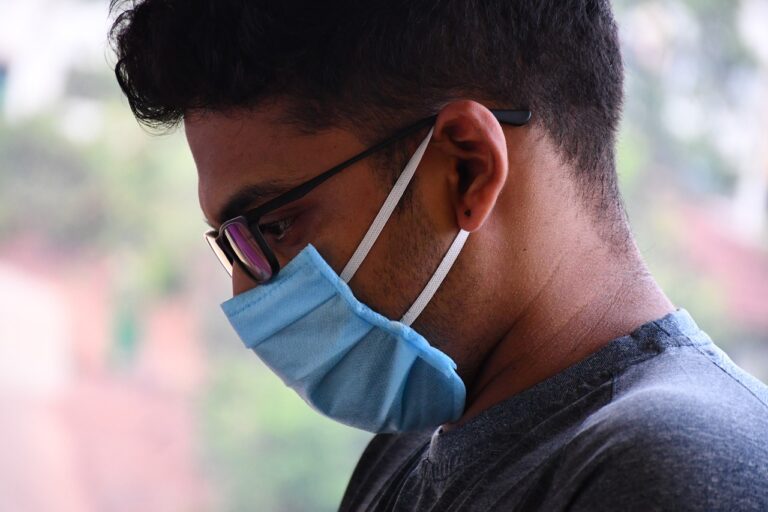The Influence of Culture on Healthcare Choices
Healthcare beliefs are often shaped by a multitude of influences, including personal experiences, cultural background, and societal norms. These factors can significantly impact how individuals perceive and approach healthcare. For some, family traditions and upbringing may play a crucial role in shaping their beliefs about healthcare practices and treatments. Likewise, exposure to different healthcare systems and providers can also influence an individual’s perspective on what constitutes effective and reliable healthcare.
Moreover, access to information, education levels, and socio-economic status can all impact healthcare beliefs. Individuals with limited access to healthcare services may rely on alternative medicine or home remedies due to financial constraints or lack of trust in conventional medical practices. In contrast, those with easy access to healthcare may prioritize preventive care and regular check-ups as part of their healthcare beliefs. These varying factors highlight the complexity of shaping healthcare beliefs and the need for a comprehensive understanding of the diverse influences at play.
Cultural Beliefs and Practices Regarding Illness
The cultural beliefs and practices surrounding illness vary greatly among different communities worldwide. These beliefs often influence how individuals perceive illness, seek treatment, and interact with healthcare providers. Understanding these cultural nuances is essential for healthcare professionals to provide effective and culturally competent care.
In many cultures, illness is viewed not only as a physical ailment but also as a manifestation of spiritual or emotional distress. Traditional healing practices such as herbal remedies, rituals, and ceremonies are often integrated into the treatment of illness. These practices represent a holistic approach to healthcare that considers the interconnectedness of the mind, body, and spirit.
What are some factors that shape healthcare beliefs?
Factors that shape healthcare beliefs can include cultural background, upbringing, religious beliefs, personal experiences, and access to healthcare resources.
How do cultural beliefs and practices influence views on illness?
Cultural beliefs and practices can influence views on illness by dictating how individuals perceive the causes of illness, how they seek treatment, and how they interact with healthcare providers.
Can cultural beliefs impact medical care?
Yes, cultural beliefs can impact medical care by influencing decisions about treatment options, adherence to medical advice, and attitudes towards healthcare providers.
How can healthcare providers address cultural beliefs and practices regarding illness?
Healthcare providers can address cultural beliefs by being aware of and respectful towards different cultural perspectives, engaging in culturally competent communication, and collaborating with patients to develop treatment plans that align with their beliefs.
What are some common cultural beliefs surrounding illness?
Some common cultural beliefs surrounding illness include the concept of balance and harmony in the body (such as in Traditional Chinese Medicine), the influence of spirits or ancestors on health, and the importance of rituals and ceremonies for healing.






